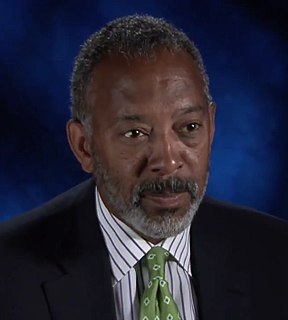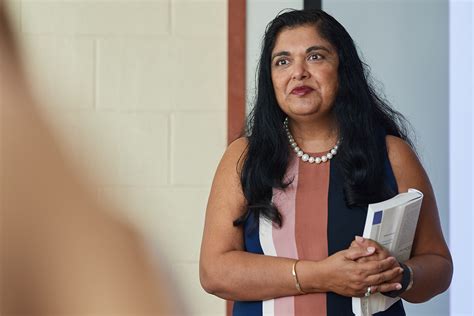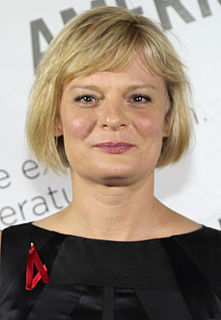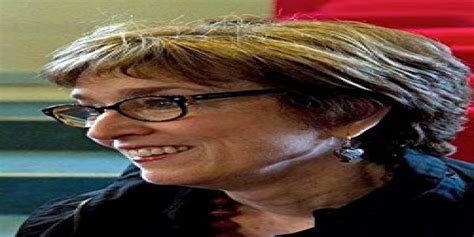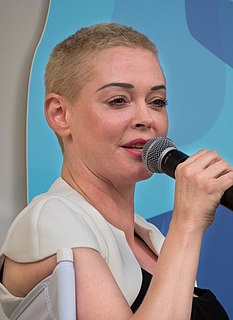A Quote by Jean Sasson
I've often observed that women can be the weakest link in women's rights.
Quote Topics
Related Quotes
Women have always been the primary victims of war. Women lose their husbands, their fathers, their sons in combat. Women often have to flee from the only homes they have ever known. Women are often the refugees from conflict and sometimes, more frequently in today's warfare, victims. Women are often left with the responsibility, alone, of raising the children.
The biblical assertion that women are created in God's image and Boaz's advocacy for Ruth and Naomi necessarily mean women, then and now, have inherent God-given rights. This surely means the church should be at the forefront of advocating for women's rights - not merely political and legal rights, but as in the case of Boaz moving beyond the letter of the law to exceed how any culture regards women.
I think in a society where you can't even pass the Equal Rights Amendment, it's very difficult to women make a progress. Incidentally, we are exactly 160 years after the very first women's public rights convention in Seneca Falls, New York, when a handful of women started it all and began the movement to make women equal.
We had early on women having the right to vote, then women in the workforce during WWII, just going back in history, and then we had the higher education of women, and then women more fully participating in the economy and in business, the professions, education, you name the subject... but the missing link has always been: is there quality, affordable healthcare for all women, regardless of what their family situation might be?
Comedy in the past hasn't spoken to women because it wasn't written by women, and male writers don't make women three-dimensional characters. Too often, women just facilitate the man's comedy: they're not crazy; they're not funny. But women are as vulgar as they are elegant, as stinky as they are smelling of eau de parfum.
In the early fight for women's rights, the point was not that women were morally superior or better. The conversation was about the difference between men and women - power, privilege, voting rights, etc. Unfortunately, it quickly moved to the "women are better" argument. If this were true in life or in fiction, we wouldn't have any dark or deep characters. We wouldn't have any Salomes, Carmens, Ophelias. We wouldn't have any jealousy or passion.

